The Home of Learning Engineering
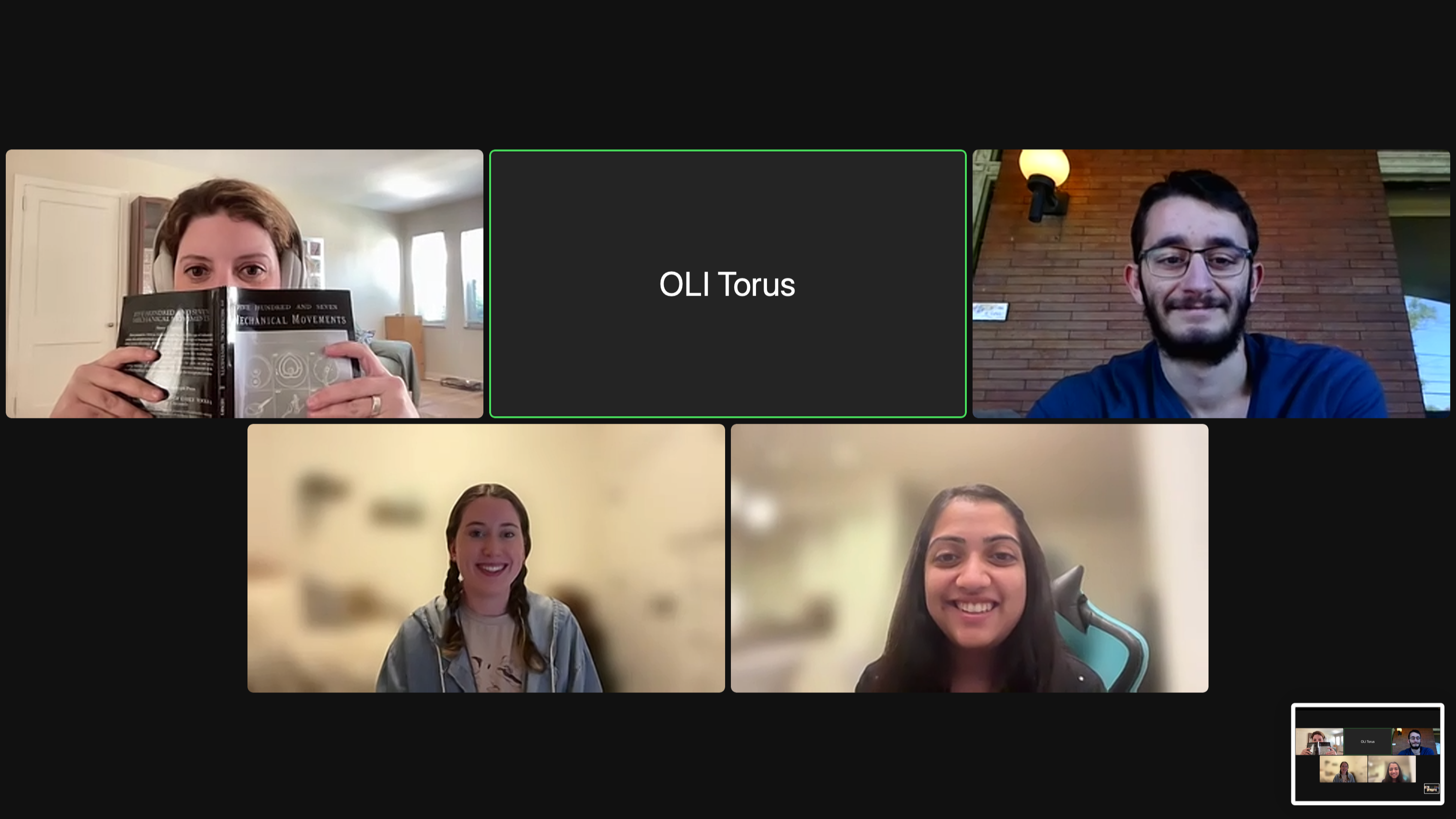 The Simon Initiative Expands OLI Torus Product Team
The Simon Initiative Expands OLI Torus Product Team
The Simon Initiative is excited to announce the addition of four new staff members to the OLI Torus product team. Throughout the 2023-2024 academic year, the Simon Initiative has welcomed Technical Project Manager Amanda Buddemeyer, User Experience (UX) Designers Jess Fortunato and Preeti Sharma, Quality Assurance (QA) Engineer Dovid Creeger, and Scrum Master Louisa Barrett. This new OLI Torus product team is spearheaded by Buddemeyer, to improve Torus’s UX design and user experience capabilities. The five new additions bring years of experience in product development, user experience, project management, and quality assurance to the OLI Torus project.
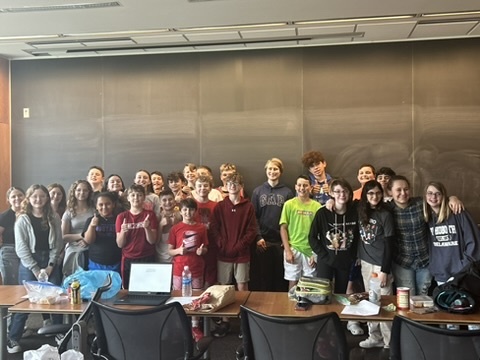 CMU HCII Research Partnership with Laurel Highlands Middle School Culminates in Exciting Campus Visit
CMU HCII Research Partnership with Laurel Highlands Middle School Culminates in Exciting Campus Visit
Throughout the 2023-2024 academic year, students from Laurel Highlands Middle School participated in Carnegie Mellon University’s Human-Computer Interaction Institute’s (HCII) study on AI-based mobile tutoring software titled "Optimizing AI-Based Tutoring Software for Middle-School Mathematics on Smartphones”. Dr. Vincent Aleven is the head of the study, with collaborators Dr. Ken Koedinger, Dr. Paulo Carvalho, and Jonathan Sewall, as well as Conrad Borchers, Ph.D. candidate. On Friday, May 17th, Laurel Highlands Middle School students from Zachary Hixson's math classes visited CMU to celebrate the end of their participation in the research. The visit was a collaborative effort between the Simon Initiative K-12 coordinator and the research team in HCII. During the visit, students got to tour CMU’s AI Makerspace and TechSpark and hear talks from Dr. Paulo Carvalho, a Systems Scientist in the HCII, and Conrad Borchers, HCII Ph.D. candidate.
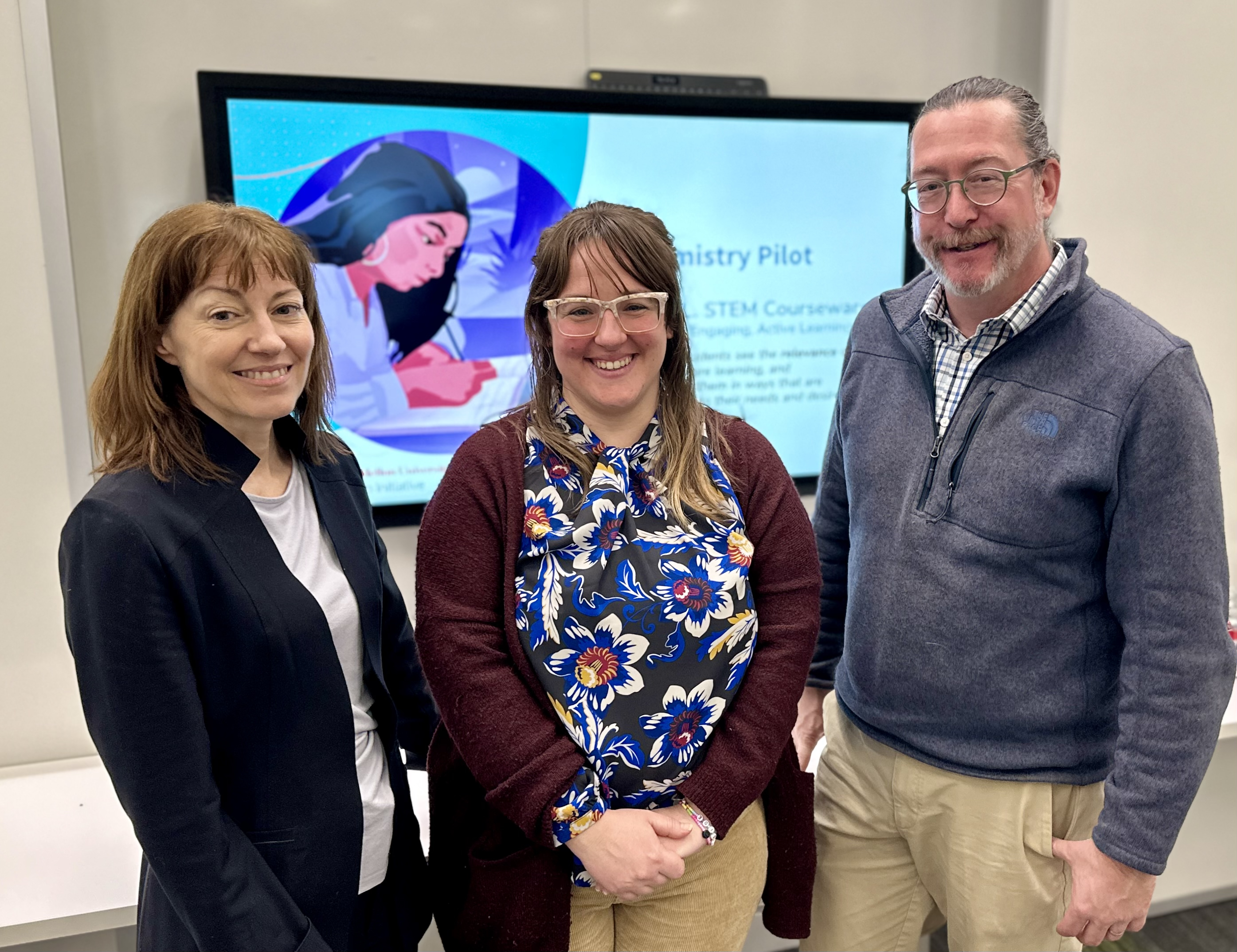 The Simon Initiative Hosts Inaugural Simon Lunch
The Simon Initiative Hosts Inaugural Simon Lunch
On March 13th, the Simon Initiative hosted the first Simon Lunch since the COVID-19 pandemic social distancing strategies were employed on campus, commencing a new series of upcoming events that will run throughout 2024. This exciting event covered many new developments and projects within the Simon Initiative and provided an opportunity for cross-departmental collaboration.
 Robert Goldstone Speaks at the 2024 Simon Initiative Distinguished Lecture
Robert Goldstone Speaks at the 2024 Simon Initiative Distinguished Lecture
The Simon Initiative was thrilled to host Dr. Robert Goldstone for the 2024 Simon Initiative Distinguished Lecture, during which he presented his work, “Models of and for Flexible Learning.”
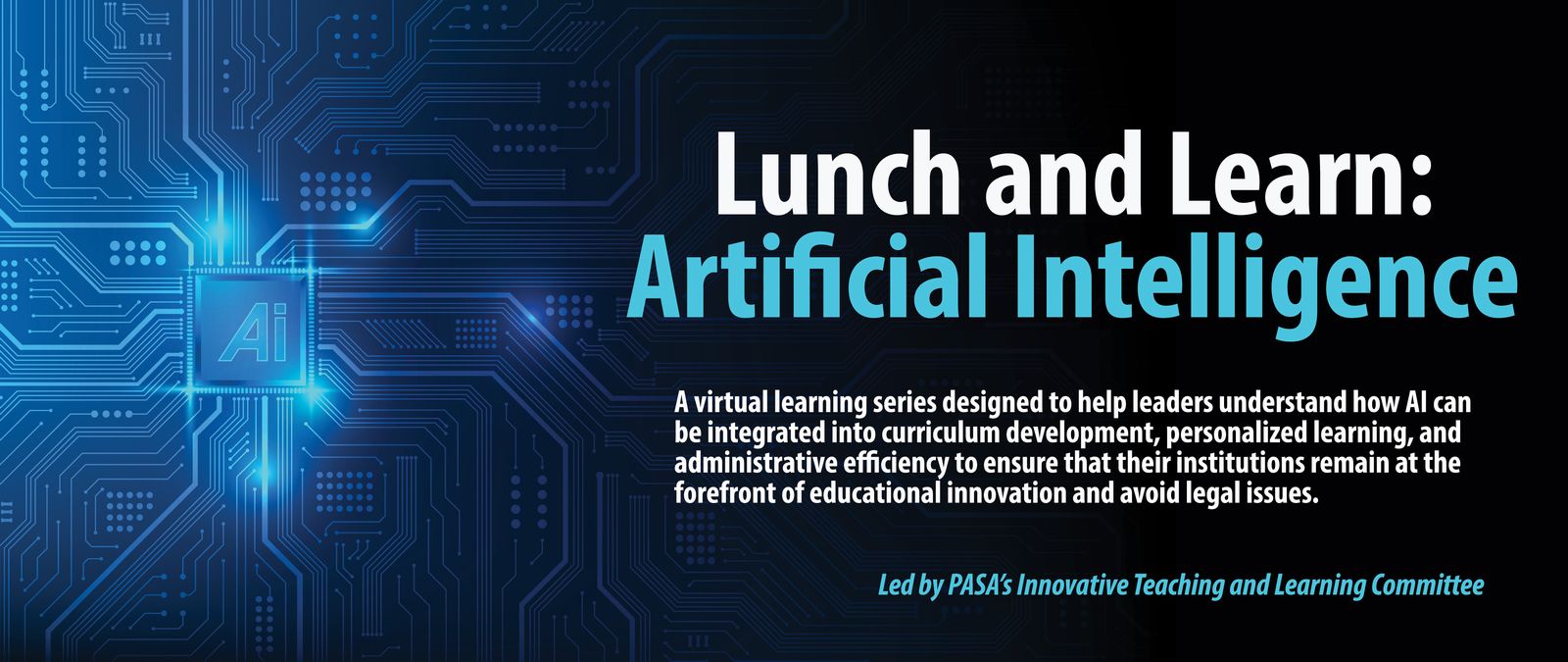 CMU Faculty and Staff Present at PASA Lunch and Learn
CMU Faculty and Staff Present at PASA Lunch and Learn
On Tuesday, March 5th, Dr. Ken Koedinger, Dr. Erin Gatz, and Dr. Nesra Yannier shared the exciting work they’ve been doing in the field of Artificial Intelligence in education during the Pennsylvania Association of School Administrators (PASA) Lunch and Learn series event titled “Unveiling AI Breakthroughs: Elevating Learner Support with Insights from Carnegie Mellon University.” This Lunch and Learn series consists of four sessions focusing on Artificial Intelligence in education and is sponsored by the PASA Innovative Teaching and Learning Committee.
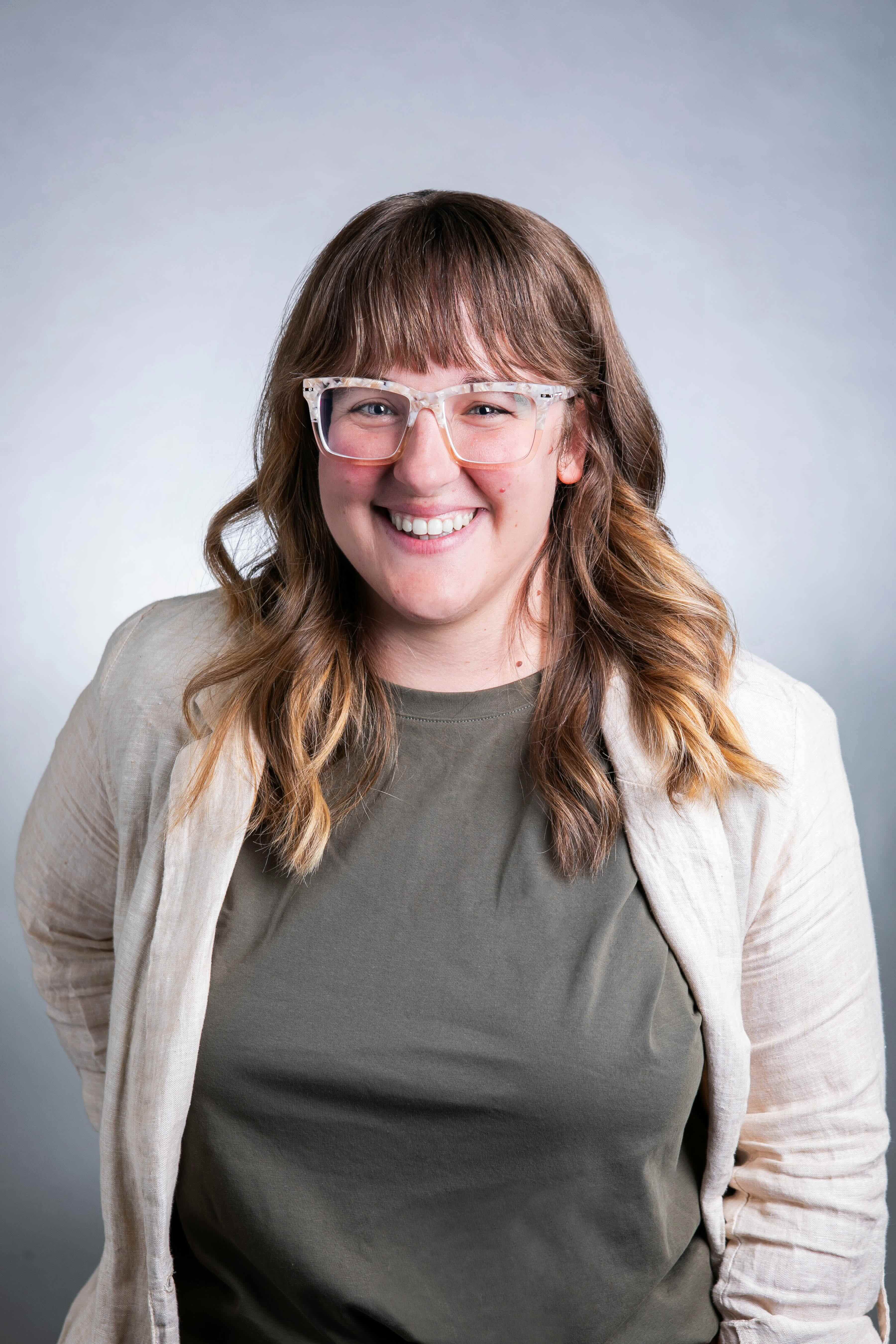 The Simon Initiative Welcomes Lindsay Forman as K-12 Coordinator
The Simon Initiative Welcomes Lindsay Forman as K-12 Coordinator
Lindsay Forman has joined the Simon Initiative as its new K-12 Coordinator. She began her new position in July of 2023 and has been working on a multitude of new projects since. Forman was excited to work at the Simon Initiative because she was intrigued by the potential to grow and amplify the existing connections between the innovative work happening at Carnegie Mellon University and Western Pennsylvania’s regional K-12 partners.
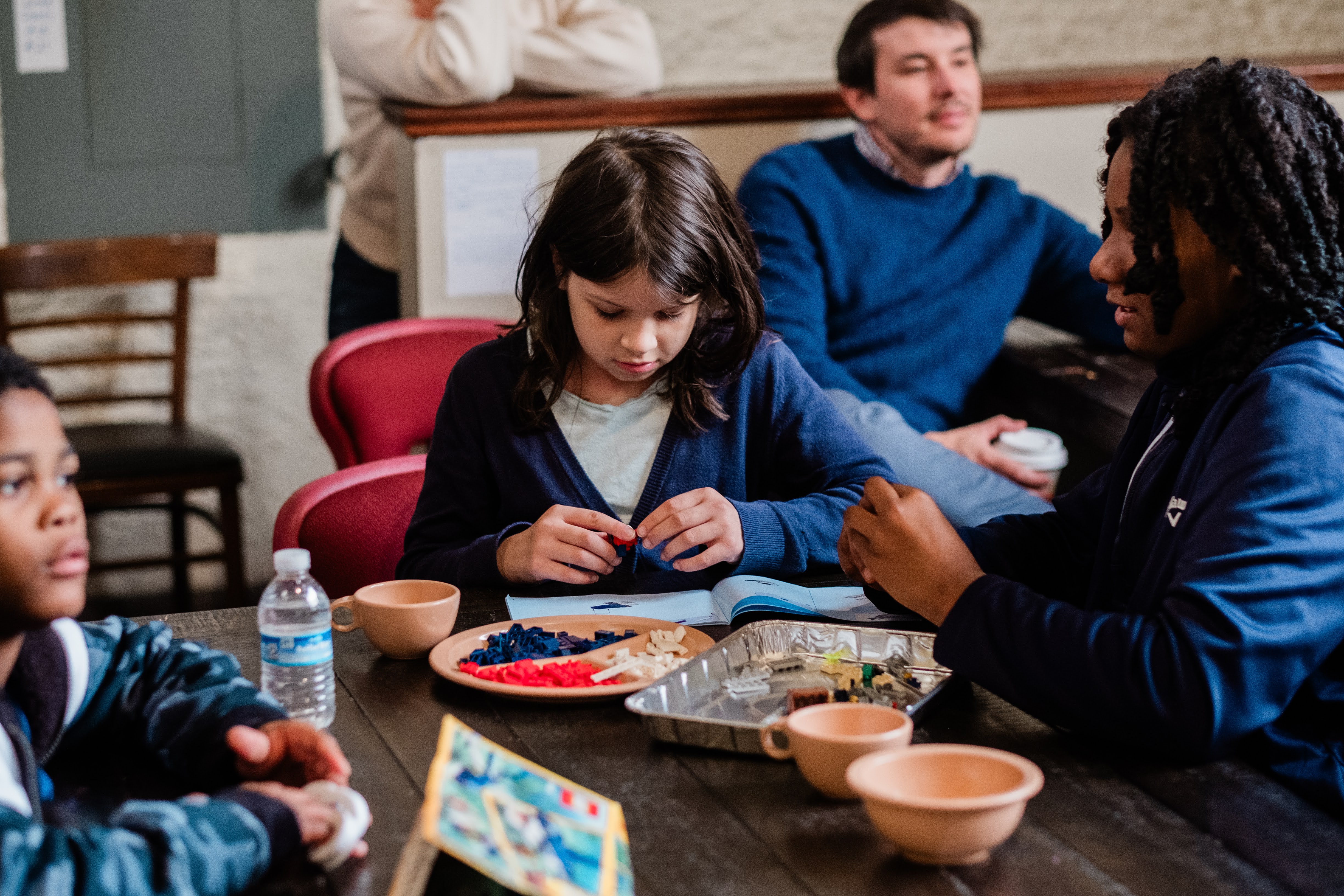 Carnegie Mellon University and Play Included® Bring LEGO® Brick Based Interventions to US
Carnegie Mellon University and Play Included® Bring LEGO® Brick Based Interventions to US
Brick by brick, Carnegie Mellon University is building a new way to transform children’s social and emotional learning in schools and community organizations throughout Pittsburgh and, eventually, across the country.